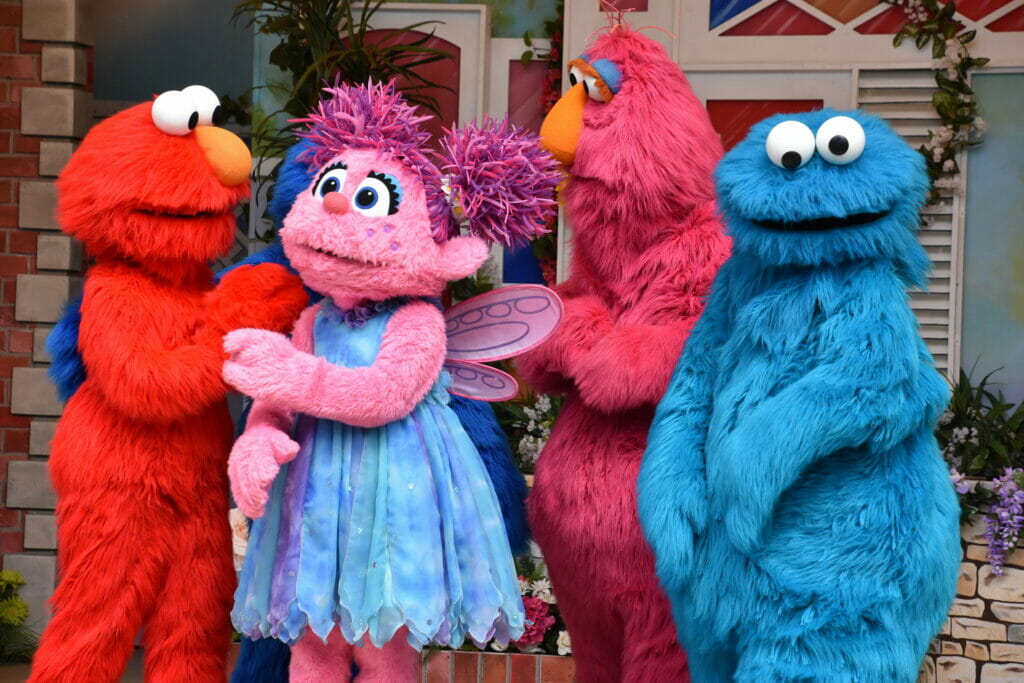Image by Ritu Manoj Jethani via Shutterstock
Confession: I watched The ABCs of COVID-19 Town Hall from CNN & Sesame Street this weekend even though I don’t have kids at home. Why? First, you can’t be in a bad mood when Elmo’s around. It’s just not possible. Second, I always learn something from Sesame Street. Their super-power is teaching life skills to kids of all ages. This show in particular demonstrated 3 principles of empathetic communication that I talk about over and over with clients and speaking audiences. They are:
#1: Don’t assume the audience knows what you know.
Elmo and Big Bird start the show all excited about having a Town Hall. They soon admit to hosts Erica Hill and Sanjay Gupta, however, that they have no idea what a “town hall” is. Grown-ups aren’t always willing to ask, so when in doubt, define. My magic words are “just to be sure we’re all on the same page, here’s how I define…”
Also, if you can choose between a big word and a little word, use the little one. You’re not talking down to people; you’re easing their cognitive load. Adults say “dealing with an illness.” Kids say “they’re sick.” Unless the nuance is critically important, let it slide.
#2: There’s no such thing as intuitive, only familiar.
Humans make sense of new things by relating them to things we already know. This show was packed with helpful comparisons. How far is 6’ apart? Roughly the length of a pool noodle. Why do we need to wash hands for 20 seconds? Because coronavirus is like glitter, Dr. Gupta explained, frustratingly hard to get rid of once it’s on you.
Analogies spark ah-ha moments in CX the same way. My favorite is: CX is for companies what “eat healthy and exercise” is for individuals. Both are good for you but hard to follow through. Whenever I say this to a client or audience, light bulbs go off. They suddenly “get it” on a more visceral level because the comparison captures nuances I can’t put into words. They also feel inspired as their brain maps tools from one domain to the other. It’s the best part of my job, so if you want help finding the right analogy for your CX story, drop me a note. I’m happy to brainstorm with you.
#3: Principles are more useful than rules.
This issue came up when parents asked about limiting screen time in a virtual-school world. According to experts, there is no “right” answer. Sanity vs. screen time is a non-trivial trade-off, and the right balance can vary day by day. That’s okay. As I tell clients when they ask about cost vs. customer loyalty trade-offs – compromise is just as important as consistency.
A hallmark of customer-centric companies, in fact, is teaching employees when, where, and how to “bend the rules.” Some don’t even have rules. They have guidelines and a learning mindset: 1) think about who you’re dealing with, 2) think about what’s most important in this situation, 3) make the best call you can, 4) learn from the outcome. Life is one giant game of “You’re Getting Warmer, You’re Getting Colder.” The sooner we accept that the better.
These are just a few of the tried-and-true lessons I saw in the special. Classics are classics for a reason. I now see that Sesame Street belongs right up there with Disney and Amazon on the list of customer-obsessed organizations. Imagine what can happen if we take to heart the lessons they’ve always been trying to teach us.



